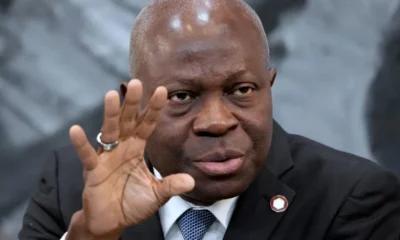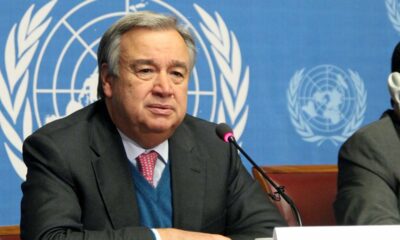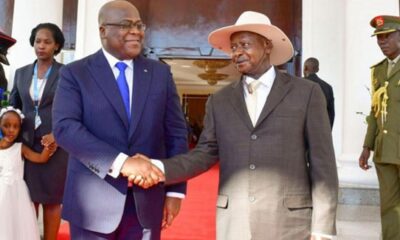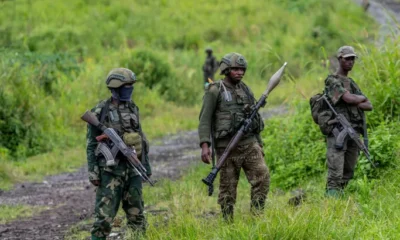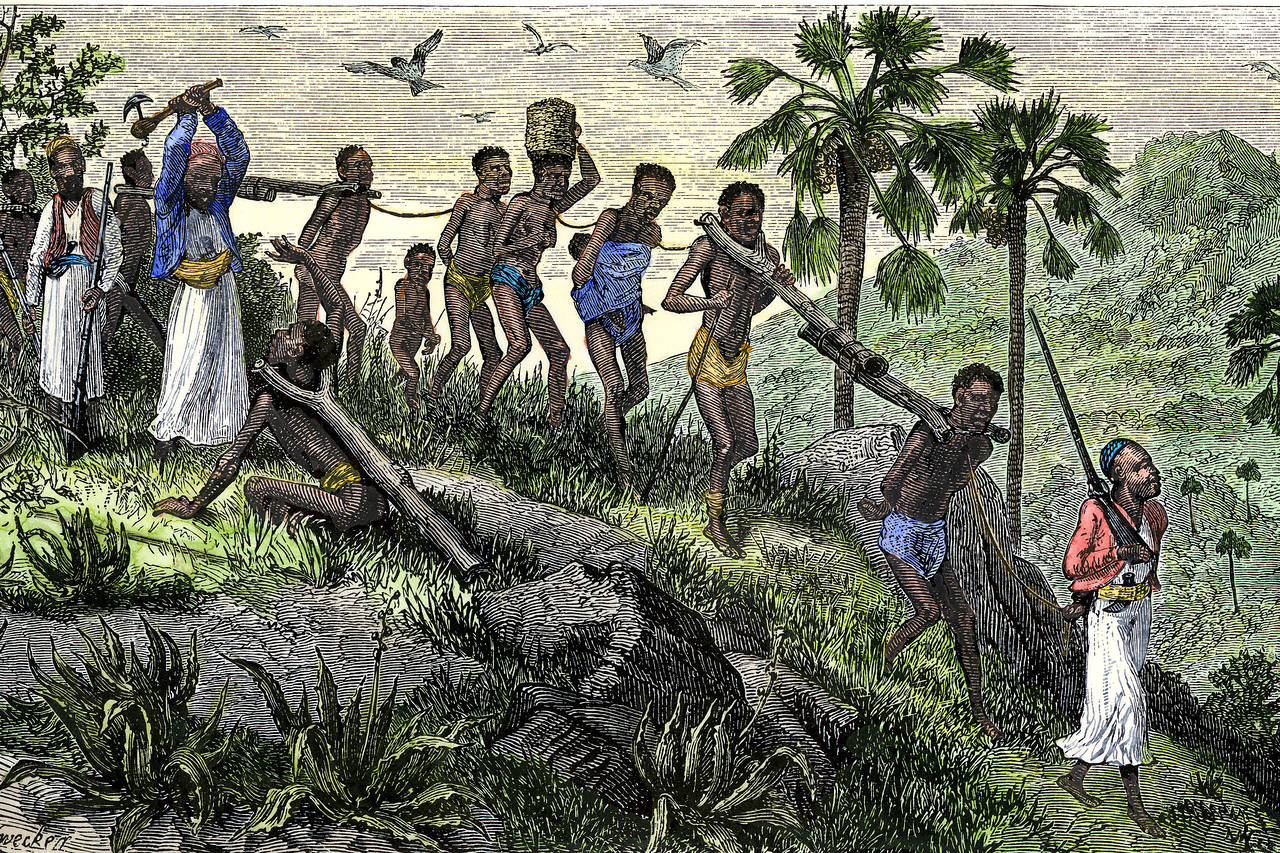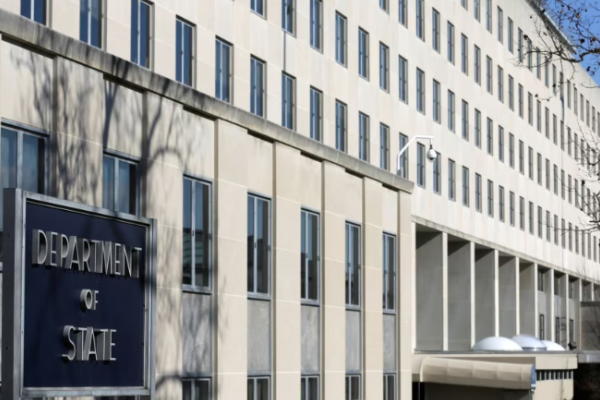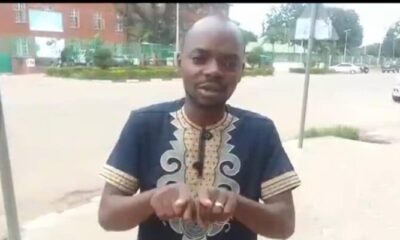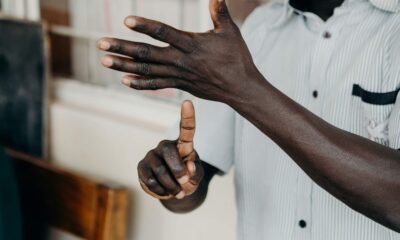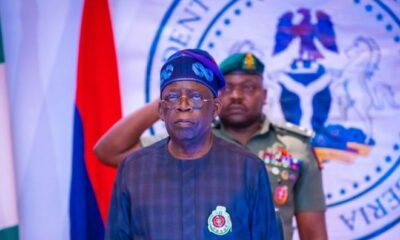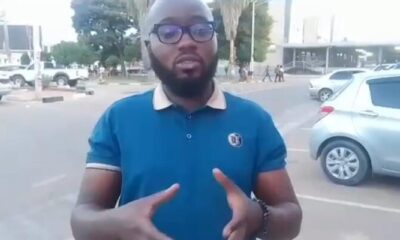United Nations head of human rights on Friday called on countries to take real steps toward reparations for people of African descent. He appealed while adding his voice to calls for justice for the horrible crimes committed during slavery.
African and Caribbean countries are becoming more in favour of setting up a panel to deal with reparations for crimes that happened during the transatlantic slave trade. Reparations could include money payments and other forms of making amends.
“I join your demands for action now,” United Nations High Commissioner for Human Rights Volker Turk said in an address at the closing of the four-day U.N. Permanent Forum on People of African Descent (PFPAD).
“On reparations, we must finally enter a new era. Governments must step up to show true leadership with genuine commitments to move swiftly from words to action that will adequately address the wrongs of the past.”
Although Turk did not say how reparations should be handled, he however expressed support for the group but is not one of its 10 members.
The idea of making reparations has become more popular but remains controversial, and most countries that used to colonize others do not agree with it with some expressing remorse for being part of the transatlantic slave trade and planning a 200 million euro fund to make up for it.
A spokesman for the British Foreign Office recently admitted that the country was responsible for transatlantic slavery, but there were no plans to pay reparations because “today’s challenges” should be the focus.
The PFPAD, which can’t make laws but can give advice to other U.N. groups, released its findings on Friday and reiterated as it did in 2023, that a court should be set up to deal with slavery. This time, it said that the General Assembly, which makes policy for the UN, should be used to ask for this.
It specifically asked the proposed court to look into what happened in Haiti “and provide reparations, restitution, and compensation appropriately.” This came after Haitian groups at the forum asked France to repay the billions of dollars that people who had been slaves were forced to pay in exchange for the island’s independence being recognized two hundred years ago.
Lately, there has been the return of some “stolen” artefacts by colonialists to some African countries like Egypt, Ghana and Nigeria.
Over 90% of the world’s 193 countries of the world were colonized by notable eleven – Belgium, the United Kingdom, Japan, France, Germany, Italy, Portugal, The Netherlands, Denmark, Spain, and the United States of America.
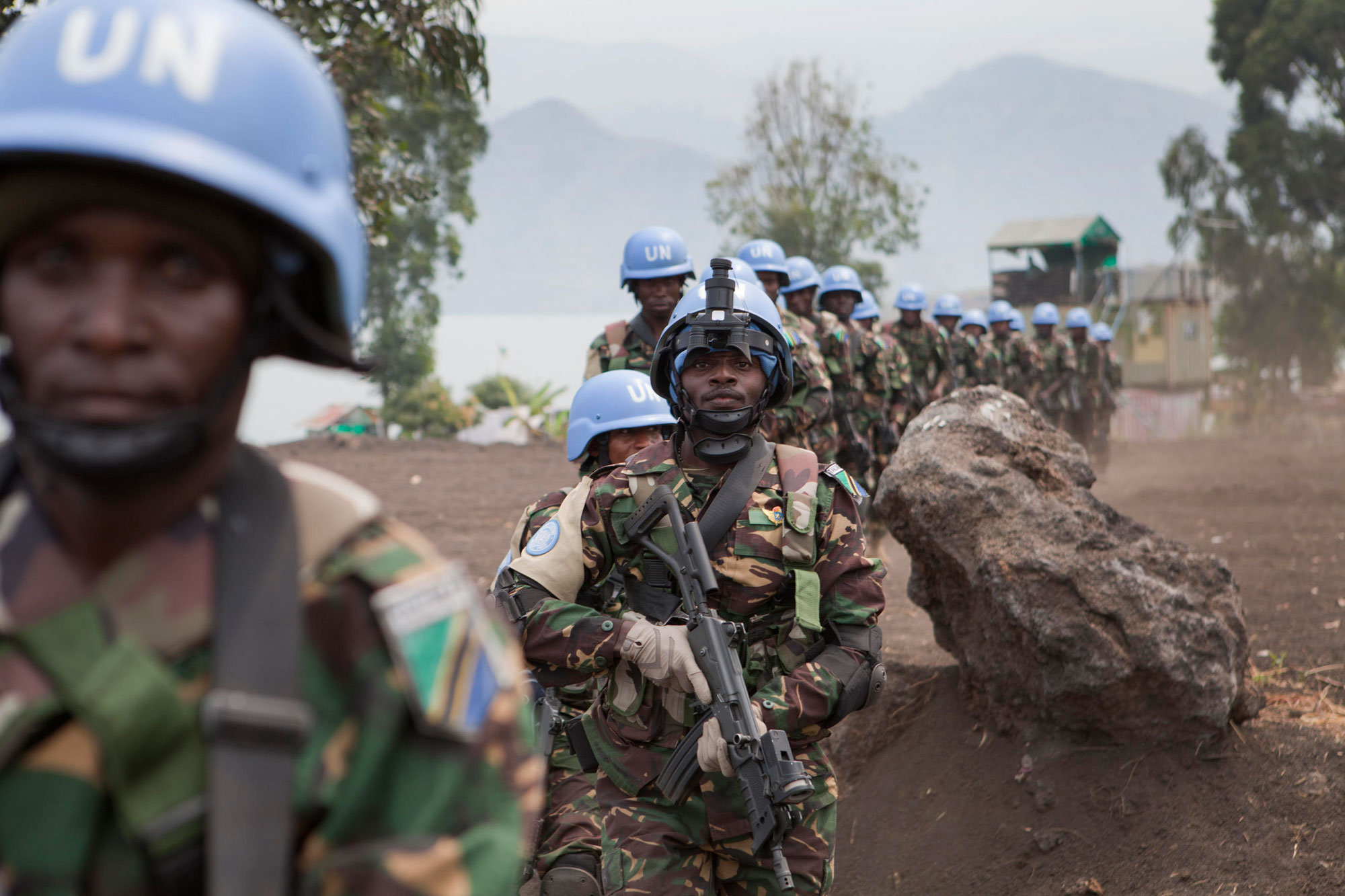

 Behind the News1 day ago
Behind the News1 day ago
 Metro2 days ago
Metro2 days ago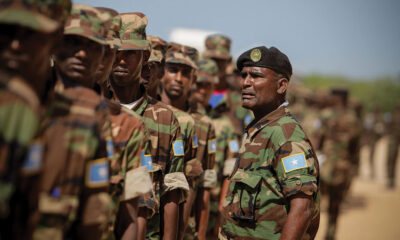
 Politics1 day ago
Politics1 day ago
 Tech1 day ago
Tech1 day ago

